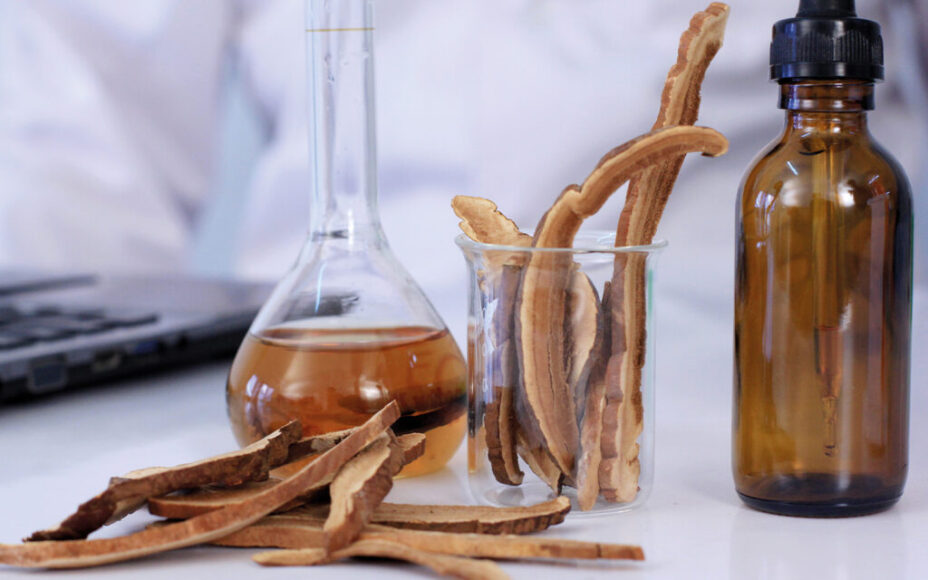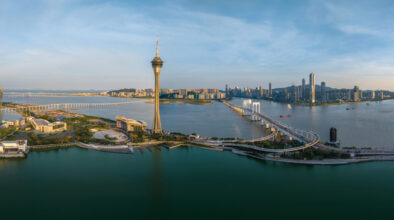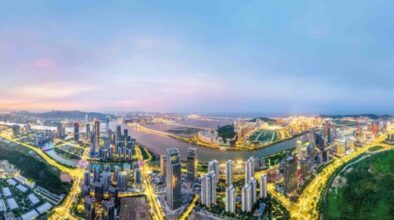Advancements in health and education sectors tend to be symbiotic. An improving academic landscape nurtures research in the health sciences, while more medical facilities increase opportunities for applied scholarly analysis, scientific breakthroughs and better public health. This has been the case in Macao, where both sectors have been flourishing since the city’s return to the motherland.
Their interplay is increasingly apparent in the field of traditional Chinese medicine (TCM). While Macao’s traditional pharmacies – their shelves laden with dried herbs, roots and berries – have ministered to locals for centuries, recent years have seen TCM start to play a starring role in the city’s push for economic diversification. The fit seems perfect. These time-honoured medicines, ingrained in Macao’s rich heritage, are starting to attract more global attention. And a growing interest in holistic, natural therapies creates new opportunities for medical tourism in the city – adding an additional layer to what Macao already has to offer in this field.
Progress and recognition
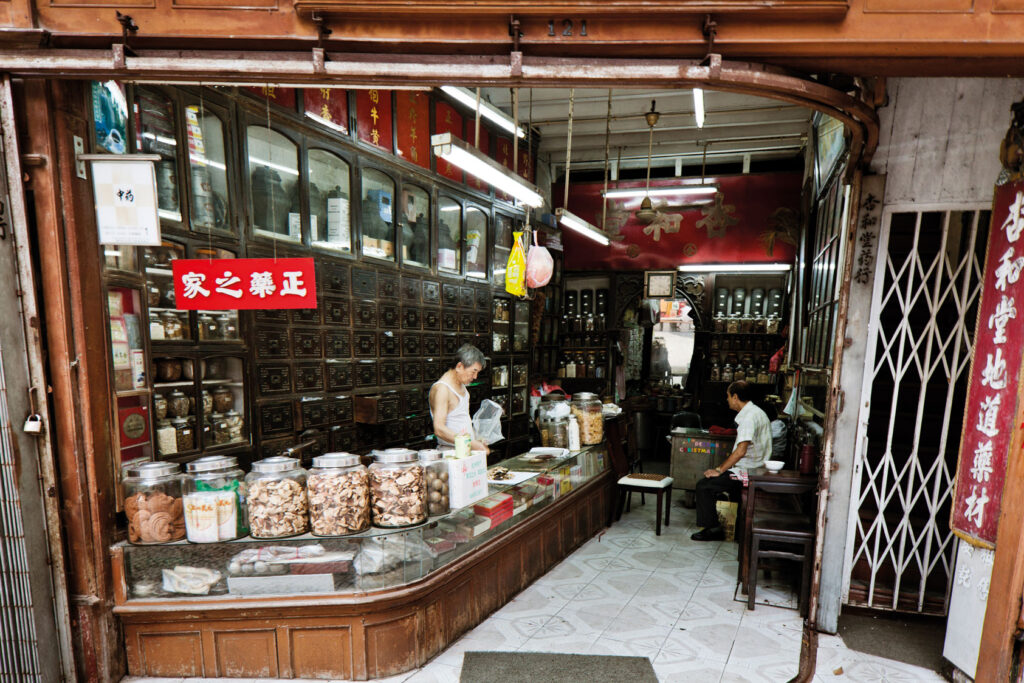
According to Dr Zhou Hua, a pharmacology professor at Macau University of Science and Technology (MUST) and the Special Administrative Region (SAR)’s State Key Laboratory of Quality Research in Chinese Medicine, Macao’s emerging TCM industry “started from the founding of TCM education in the city in the year 2000.” That’s when both MUST and its Faculty of Chinese Medicine were established. Eleven years later, in 2021, Zhou told Macao that “tremendous changes” in the TCM industry over the next decade would “contribute significantly to the diversification of Macao.”
The change he was most anticipating – regulatory reform – materialised in 2022, thanks to the establishment of Macao’s Pharmaceutical Administration Bureau (known by its Portuguese initials ISAF). That same year saw the enactment of a new law regulating pharmaceutical activities in the TCM field and officialising the process for registering new TCM products.
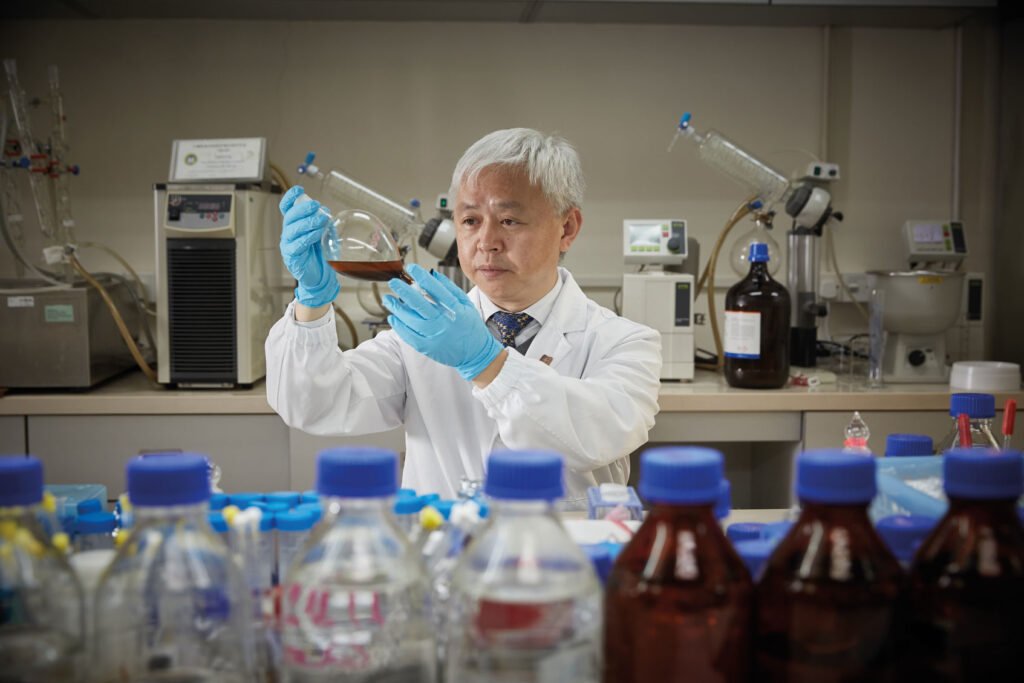
Previously, a department operating under the Health Bureau was in charge of supervising all pharmaceutical activities in Macao. But given the so-called ‘big health’ industry’s massive growth potential and the vast scope of tasks its regulatory body would need to perform, the SAR government decided that a whole new bureau would best serve rapid development. The term ‘big health’ reflects a more holistic take on healthcare than tends to be practised in the West.
The ISAF’s launch marked a new era in Macao’s health sector, and is already bearing fruit. A number of TCM products made by Macao companies have since been authorised for use in the mainland, as well as in several Portuguese-speaking countries. This not only demonstrates TCM’s increasing role in mainstream global healthcare, but Macao’s position at the frontier: the SAR is leaning into its historic and cultural connections with the Lusophone world to open up new markets for TCM products, fully in accordance with national objectives.
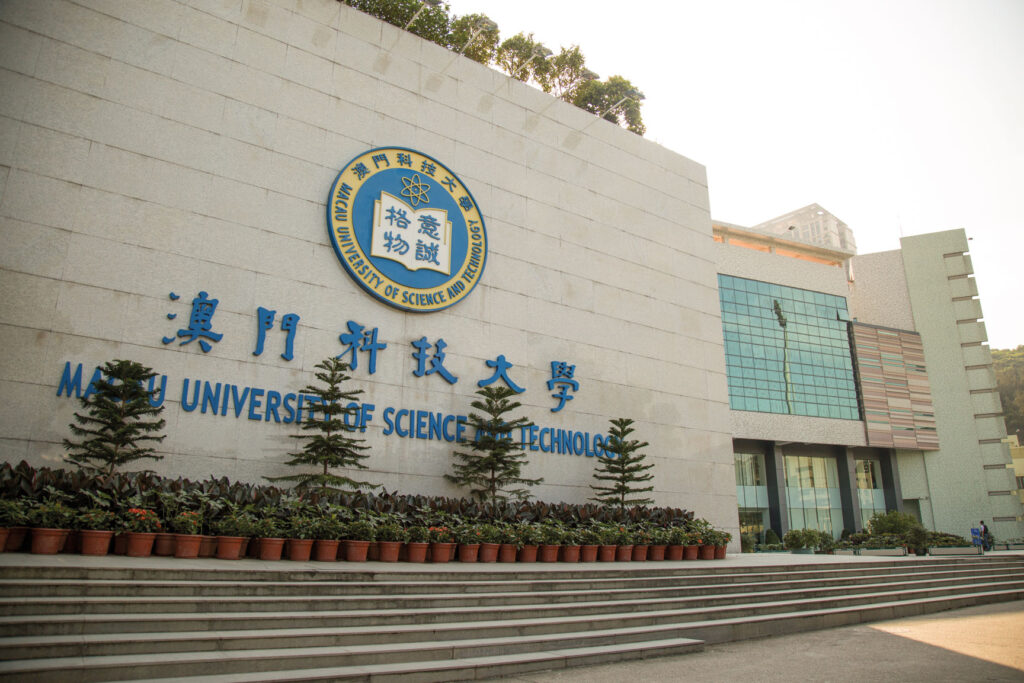
China has been pushing for TCM’s internationalisation for decades, while its people have been benefiting from therapeutic herbal infusions, acupuncture and cupping for thousands of years. A major breakthrough came in 2019, when the World Health Organization (WHO) included TCM in its official compendium of diseases and diagnostic tools for the first time. Having acknowledged TCM as “one of the popularly applied health resources across the globe”, the WHO recently began developing a standardisation system for TCM training and practice. As a Collaborating Center for Traditional Medicine appointed by the WHO, Macao provides training to thousands of health professionals from all over the world.
Where it’s all happening
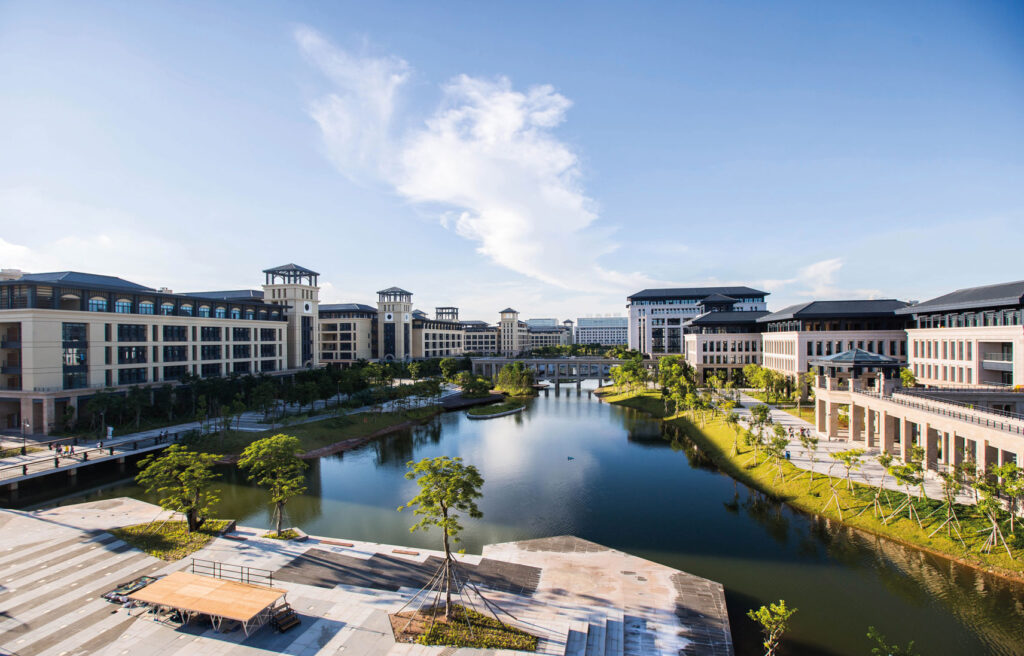
Two very important TCM facilities for Macao are the Traditional Chinese Medicine Science and Technology Industrial Park of Cooperation Between Guangdong and Macao (known as GMTCM Park) and the State Key Laboratory of Quality Research in Chinese Medicine, where Zhou works. GMTCM Park, a joint-venture between Macao and Guangdong’s governments, is located across 500,000 square metres in Hengqin – part of China’s Guangdong province – and opened in 2021.
It’s a collaborative hub for TCM research, innovation, and manufacturing that’s now home to hundreds of companies, most from the mainland but many from Macao (there were 86 local TCM firms based in the park in October 2024) . These Macao-registered companies receive subsidies of up to US$2.7 million for each medicinal or TCM-related food product they’re producing in Hengqin. As such, the GMTCM simultaneously promotes Macao’s national integration while providing the SAR’s own burgeoning TCM industry with the resources it needs to grow.
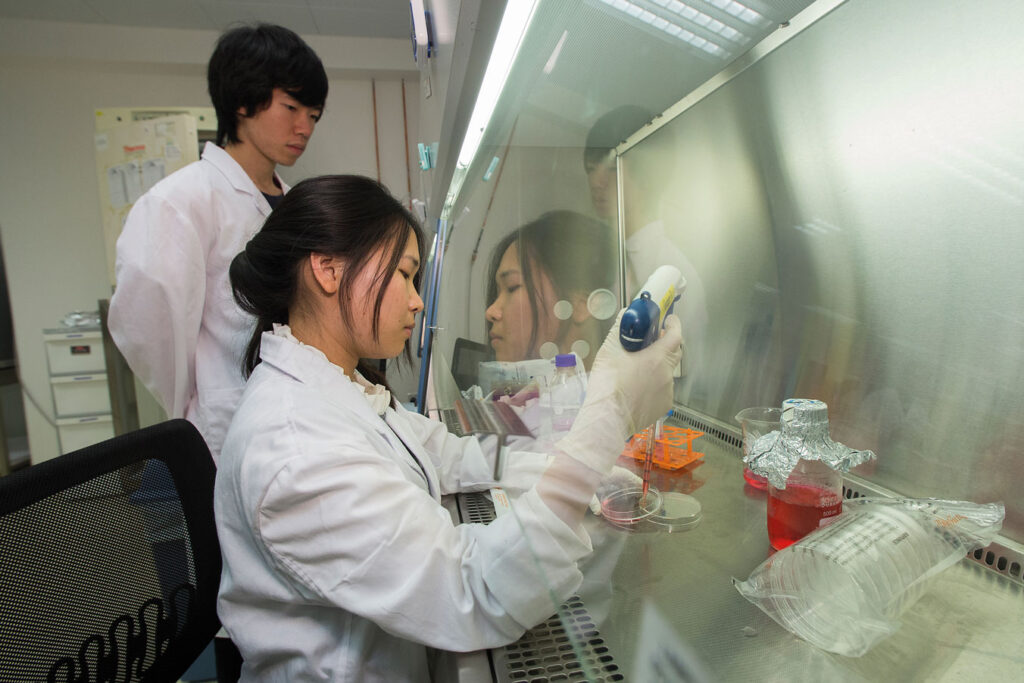
The State Key Laboratory is jointly run by the University of Macau (UM) and MUST, with locations on both campuses. The lab fosters collaboration between academia, hospitals and industry stakeholders, and has assisted in a great many clinical trials and breakthroughs since its 2011 establishment. Ginseng, a plant widely used in Chinese medicines, has been at the heart of a number of its discoveries – ranging from the fragrant root’s potential in shrinking lung cancer tumours to the potent antifungal properties of its leaves.
Between 2015 and mid-2024, the State Key Laboratory also saw more than 50 patents granted by the United States Patent and Trademark Office. These included treatments like neferine, which is extracted from the embryo of a lotus seed, for Huntington disease, and the use of tangeretin, a flavone found in citrus peels, to treat cancer.
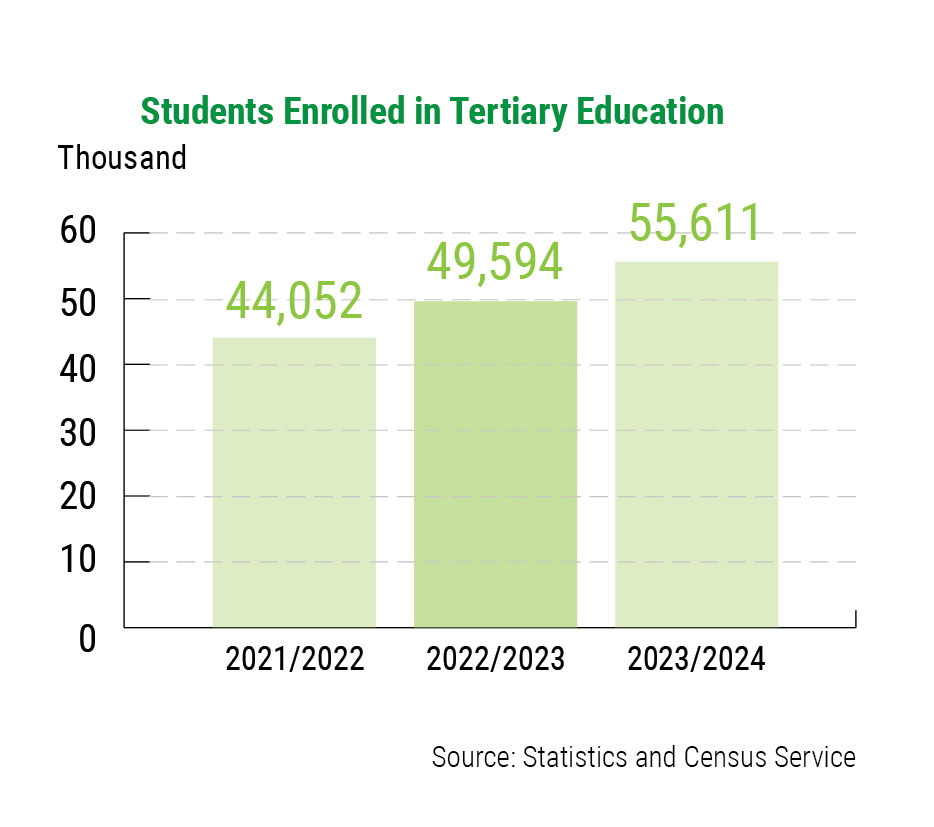
Another major step forward for the SAR’s TCM sector occurred in 2022, when UM established its Macao Centre for Testing of Chinese Medicine (MCTCM). Leveraging research conducted by the State Key Laboratory, the centre provides technical support to ISAF and will eventually conduct efficacy testing on Macao-made TCM products (trial operations launched earlier this year).
To support Macao’s health industry, most of the city’s comprehensive universities teach health science degrees. However, MUST is the only one with bachelor, master and PhD-level programmes in traditional medicine. MUST is also the city’s only university training medical doctors. Its new, six-year Bachelor of Medicine and Bachelor of Surgery programme launched in 2019; Macao’s first home-grown physicians will graduate next year.
Meanwhile, three of the SAR’s higher education institutions boast nursing programmes: MUST, Macao Polytechnic University and Kiang Wu Nursing College.
The next big thing: medical tourism
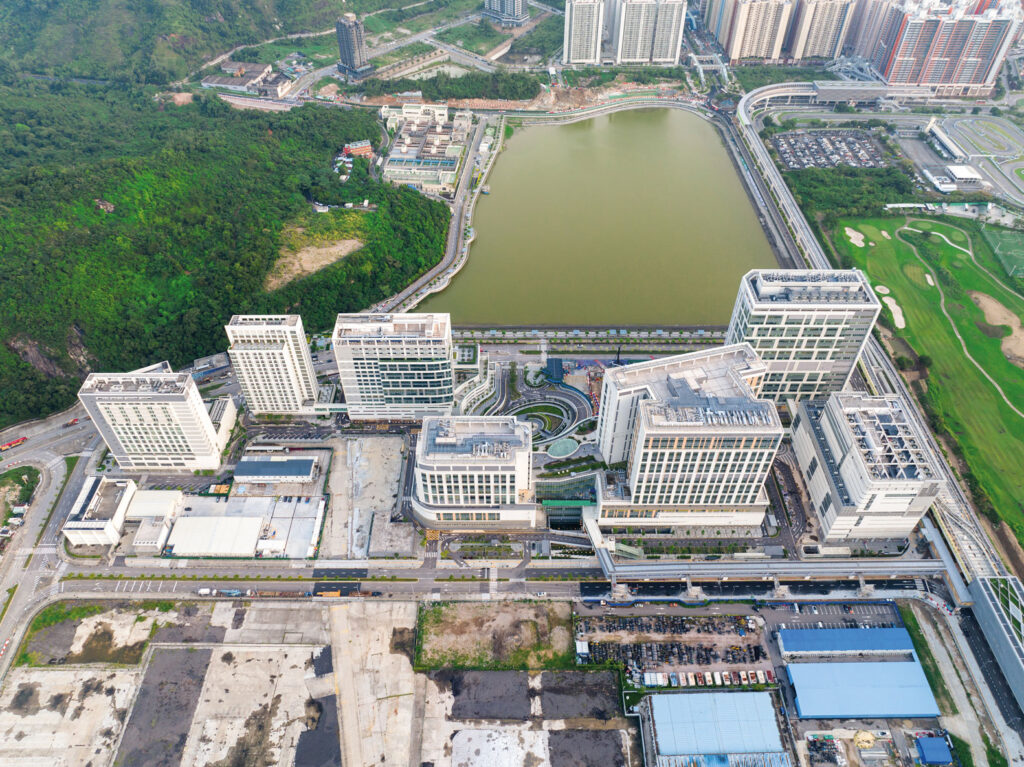
Macao is positioning itself as a future hub for medical tourism with a strong focus on TCM-related offerings. With holistic healing at their core and a deep-rooted cultural authenticity, traditional medicines lend themselves to health and wellness-style retreats where participants not only aim to treat specific ailments but promote their overall well-being.
According to Macao’s 2024-2028 Five-Year Development Plan for Appropriate Economic Diversification, the brand new Macao Union Hospital will spearhead this TCM-tourism drive – offering “products [and services] with unique and personalised characteristics [to] high-net-worth visitors”. The Cotai-located hospital opened its doors to local and overseas patients in September. The SAR’s integrated resorts, meanwhile, are being encouraged to develop “big health tourism products” that combine holistic Chinese medicines with beauty treatments and other therapies in spa-like settings.
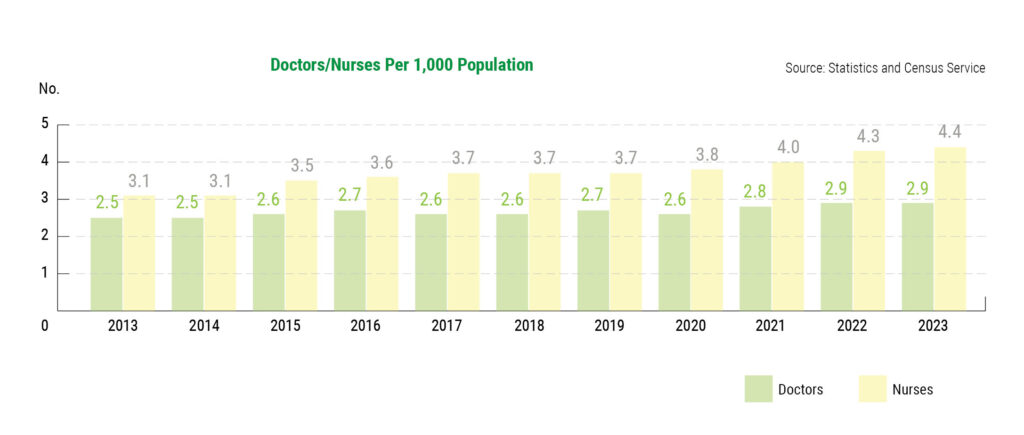
As well as opening Macao up to a future of world-class medical tourism, the Macao Union Hospitals state-of-the art facilities are major boons for local residents seeking medical care. The main complex also added around 800 additional hospital beds to the city’s stocks, while its 300-bed rehabilitation facility is set to open in 2026. The hospital is another feather in the cap for Macao-mainland cooperation: the facility is being co-managed by the Peking Union Medical College Hospital in Beijing, and it will be classified as a State-level Regional Medical Centre in the GBA.
In pursuit of academic excellence
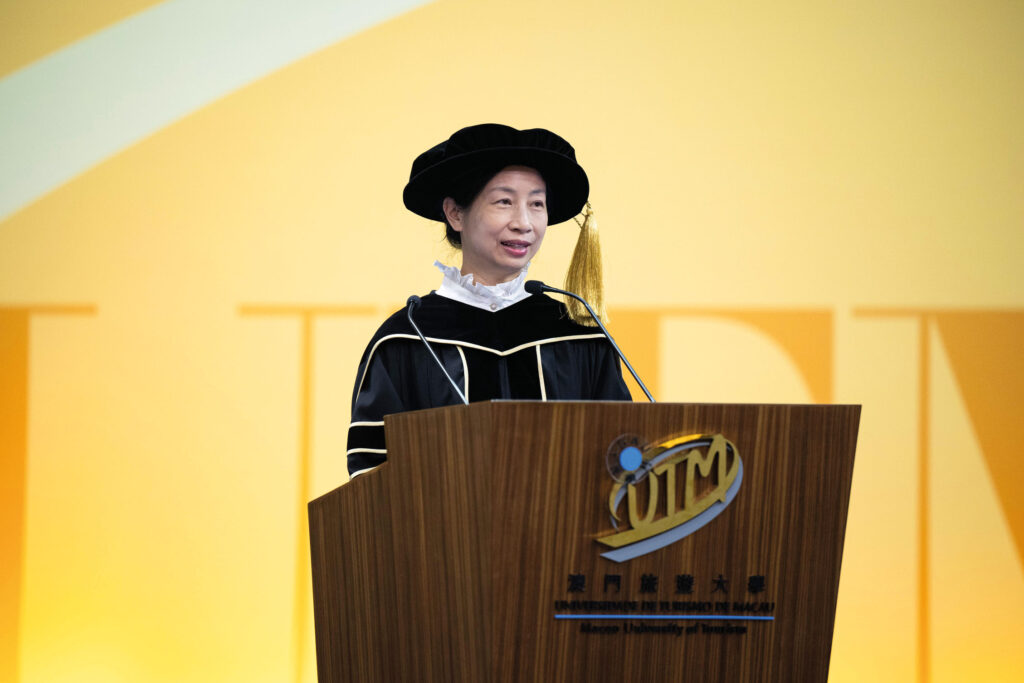
As Macao emerges as a destination for health and wellness travellers, another of the city’s top universities is taking note. Macao University of Tourism (known by its Portuguese initials UTM) president Fanny Vong told Macao magazine that she was eager to diversify the range of programmes UTM offers to better meet the city’s so-called “tourism +” strategy – which encompasses health and wellness. “Tourism +” is a government initiative aimed at integrating the existing hospitality industry with emerging sectors.
“I think that these are all major areas where tourism can serve as a foundation on which to build up a multi-skilled talent force,” Vong says. “So, our students will be versatile enough in their main field, tourism and hospitality, to jump over into other sectors and spur the growth of those sectors.”
In 2024, the highly-influential QS World University Rankings rated UTM as the 12th best place in the world to study hospitality and leisure management, and the second best place to do it in Asia. In fact, its prestigious international reputation earned UTM a name change this year. Known as the Macao Institute for Tourism Studies since its 1995 establishment, officials decided that university-status better reflected the quality of instruction on offer.
The SAR’s higher education landscape has been growing at pace since its return to the motherland. UTM’s upgrade followed the former Macao Polytechnic Institute’s in 2022; the latter is now known as the Macao Polytechnic University. As it stands, there are 10 tertiary institutions in Macao – four public and six private institutions. And the institutions themselves are expanding. New campuses are being built in neighbouring Hengqin, while an ever-increasing range of top quality programmes are being added to universities’ curricula. UM, for example, recently added new qualifications in artificial intelligence (AI) and coastal management.
‘A lot of new energy’
According to Vong, this growth is enhancing the city’s reputation as a premier education hub. She sees Macao’s student body further diversifying, while more international faculty members take up positions at the SAR’s universities. What is happening is known as the ‘Matthew effect’: when progress breeds progress, and success breeds success.
“We’ve seen amazing, even phenomenal changes [since Macao’s return to China],” says Vong. “The city has become more vibrant: there’s a lot of new energy going on, new opportunities, new projects, new experiences for tourists. Another positive is that the city has become more welcoming.”
Indeed, as Macao invests in cutting-edge educational institutions and holistic healthcare facilities, the local community, broader region and world reap the benefits. A focus on TCM – from creating novel, high-quality products that get patented overseas, to building wellness retreats for body and soul – plays an important role in this transformation. And TCM is just one example of Macao’s unique ability to make its mark on the global stage.
